iOS 15 pushes Android into a corner
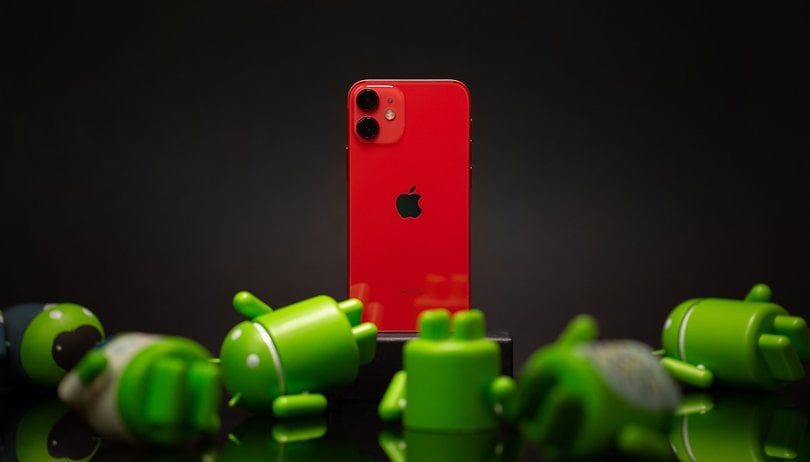

The opening keynote at WWDC21 didn't surprise anyone with any mind-boggling technological breakthroughs. However, a trend that we have noticed in this decade became clearer, turning heads as the competition is plunged into an existential crisis. If Google and Samsung are unable to find an answer soon, they would be left with the bigger slice of the pie, yes. But the cherries, the chocolate, the raspberries, the strawberries, and everything else that is delicious will be left with Apple.
Universal Control: 1+1 = More
Apple has introduced a new feature known as "Universal Control" with iOS and iPadOS 15, which will also be included in the new macOS version known as Monterey. This feature allows an iPad, iMac, or MacBook to operate using a single input device such as the mouse or trackpad. These devices only need to be connected using the same Apple ID via iCloud and are preferably located next to each other.
If that's the case, you can use the MacBook's mouse to control the iPad, for instance, and even use data from one device to the other. Universal Control works with up to three Apple devices simultaneously. So far, so good. A truly handy feature, you might say.
Google has long seen Android as a means to an end. Now the ecosystem is missing.
In theory, of course, Google is capable of offering such a feature. Unfortunately, they lack a true ecosystem. Let's briefly recall how and why Android became so successful in the first place, and why Google of all parties, had nothing to do with smartphones until Android was announced.
It was the precarious position that mobile phone manufacturers, as well as mobile carriers, found themselves back in 2008. The iPhone had made a real triumph in just one year of its existence, and this is despite the fact that people like Steve Ballmer (former CEO of Microsoft) assumed that it would fail. Apple had launched the most expensive phone to date with exclusive partnerships. Here in Germany, for instance, Telekom had exclusive iPhone distribution rights. Vodafone was the forgotten man, of which it suffered greatly and lost a lot of business customers during that period.
Google arrived on the scene like a knight in shining armor. Shortly before that, they bought the Android mobile operating system and offered it to smartphone manufacturers and telecom providers via the Open Handset Alliance, and to a large extent, made it virtually free of charge. Google pulled off a brilliant move then: Virtually overnight, it opened up the opportunity for the search engine giant to see an explosion in mobile Internet while spearheading the relentless effort.
The 2010s were the decade of hardware. Enter the decade of ecosystems now
Android saw a meteoric rise that was well documented and celebrated for an entire decade. By the end of 2017, 2.7 billion people were using Android, a figure that accounted for just over 88% of smartphones worldwide.
It was Google's operating system that turned tiny Shenzhen-based companies into global corporations, trumping each other in a specifications war using the latest hardware, leaving Apple behind in its wake. Cupertino has long ceased to be an innovator, especially in terms of hardware, but it continued to remain in the game.
In the shadow of the competition for the highest number of megapixels and the fastest Quick Charging times, Apple continued to focus diligently on a different area: the ecosystem. Yes, the iPhone may account for a small market share compared to Android, but Apple is the world leader in wristwatches (wristwatches mind you, not smartwatches) and tablets. Not only that, Apple is also in the top 5 when it comes to worldwide sales of notebooks and PCs.
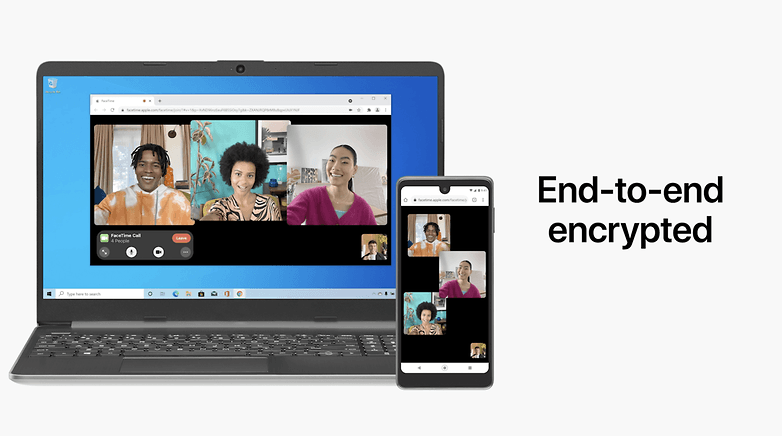
In this decade, hardware will play a less prominent role. Invisible computing is the keyword right now, where we no longer interact with specific devices, but with services. Whether we access data via a voice assistant, smartwatch or television is irrelevant. Rather than investing in discrete devices, the 5G era will see us rely on ecosystems that are smart enough to perceive and ideally, meet our needs. Apple is now perfectly positioned to do just that.
Microsoft and Google: Two powerful tech giants in a standoff
Of course, the shift to services is not groundbreaking news. It's not for nothing that Microsoft has been desperately trying to get its foot back into the smartphone business via the Nokia acquisition but to no avail. Google slammed the door and used its power at every turn to block Microsoft.
Without a suitable API, the "YouTube app" on Windows Phone was nothing more than a desktop shortcut to the YouTube website. Heck, you could not even fast-forward or rewind when viewing videos there. No wonder customers shied away despite fantastic hardware offered.
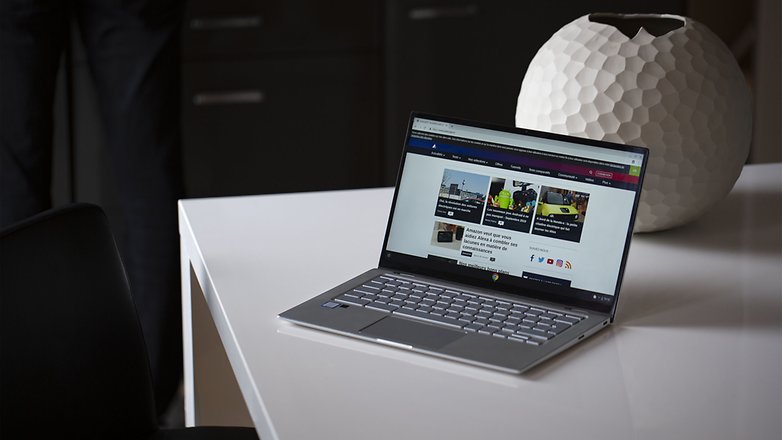
On the other hand, Google has been trying to earn its stripes in the notebook market for years. Sure, Chromebooks have recently overtaken macOS in terms of market share by a narrow margin. But with the lightweight Chrome OS, the devices just aren't powerful and varied enough to be a real competitor.
The gain in market share comes from the low entry price point and the fact that many students are looking for affordable notebooks to attend virtual classes in recent months. One thing is certain: Google is not getting anywhere with this.
Harmony OS: Cement made in China
The current situation between Google and China will only exacerbate this problem. It is foreseeable that Android's market share will shrink when you remove the world's most populous country from the user base equation. Huawei and Honor will migrate (or have migrated) to Harmony OS for smartphones, and possibly more Chinese manufacturers will soon follow suit out of fear or due to the political situation that is currently ongoing between China and the US. In the end, Android will remain mainly as an operating system for Samsung devices.
Just how real is this double threat from Apple and China? Very real indeed, as the situation was visibly defined at Google I/O. Google and Samsung decided to merge Wear OS and Tizen with a sprinkling of Fitbit on top. That would then, assuming the market share between Wear OS manufacturers remained constant from 2020, place them at approximately 35 to 40 percent, slightly ahead of Apple's watchOS.
However, Huawei has just an 11 percent share of Wear OS, while the BBK Group accounts for another six and a half percent. Given the numbers, the Google-Samsung collaboration is more a forced marriage in a fight for its survival.
Pricing and market sentiments: a peek into the crystal ball
"But Apple is way too expensive!", I can already hear you typing. Yes: Apple products have high entry price points. Even though the iPhone SE (2020) is already available for less than $399 in selected cases as of this year, most iPhones are priced well above the average smartphone price in 2020, which stands at approximately $499.
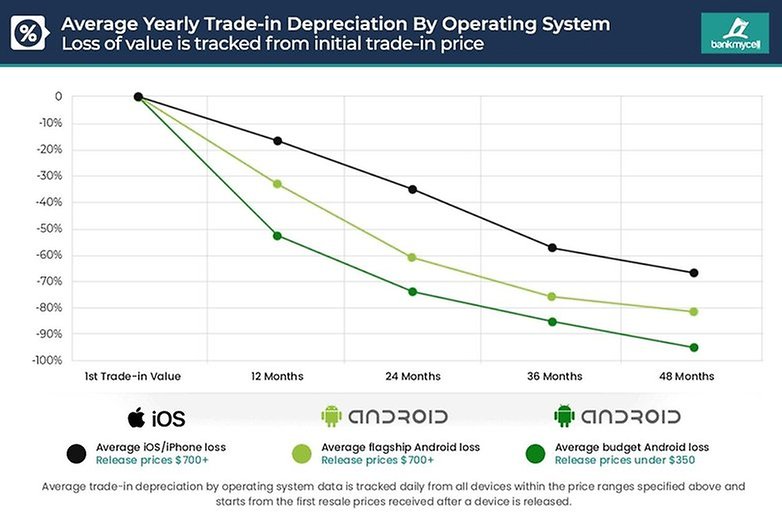
However, if you base the cost on depreciation rather than the acquisition cost, the end result takes a vastly different turn. According to the chart above from Bankmycell, Android smartphones that cost more than $700 lose 60 percent of their original value just 24 months after purchase.
Apple smartphones, on the other hand, shed a mere 35 percent. For an iPhone that costs $1,000, this translates to a loss in value of $125 on an annual basis after 24 months. An equally expensive Android smartphone, however, would lose $200 per year.
When you switch the calculations the other way around, a $1,500 iPhone is still worth $975 after two years and would have depreciated by $525. A similar $525 loss in value over 24 months happens to an Android smartphone that cost "only" $875 initially.
Of course: You have to have the $1,500 in the first place in order to 'experience' this scenario, where "Why it's expensive to be poor" is a major topic by itself. But even if the iPhone SE (2020) that was mentioned earlier does not appear in the chart due to its price point, the cheapest Apple phone would most probably remain in the $200 to $250 segment after applying a similar calculation model for its depreciation.
It's really getting tight for the Android upper class now. What about the mid-range market?
Last but not least, there's also the question of the ecosystem that you would want to invest in. Do I want to buy all kinds of apps and set up services for an ecosystem that might not exist in five years' time? Or perhaps in the coming half-decade, conditions would have changed so much that it will be an untenable situation for me because the hardware I own will be obsolete and are no longer able to protect my data?
In addition to the features already mentioned above, Apple also went the extra mile yesterday when it comes to data protection - only to show me the future direction of Apple's smartphones. In the US, you will soon even be able to store your driver's license information in your Apple Wallet.
This data will then be stored in a fully encrypted manner on a smartphone while allowing you to identify yourself regardless of where you are. Hotel chains and smart home providers will also soon be able to rely on Apple technology for their security systems.
I, for one, am protective of my personal data, especially sensitive ones like my door key or passport data, and balk at the idea of leaving it with the majority of manufacturers who still rely on Android today. What about you?
Apple has already answered that question. Google, Microsoft, Samsung, and others.: It's your turn now!
This article was written with the help of my colleague Stefan Möllenhoff, whom I would like to thank for his great support.






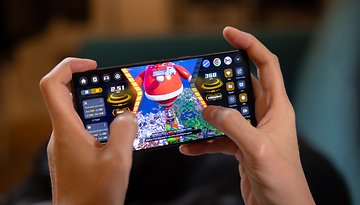



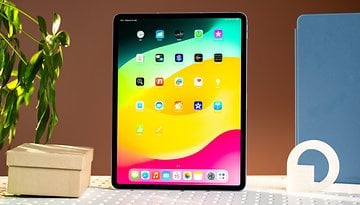
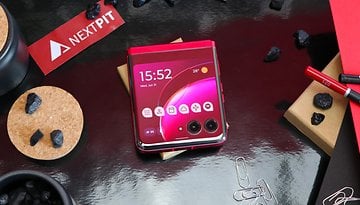
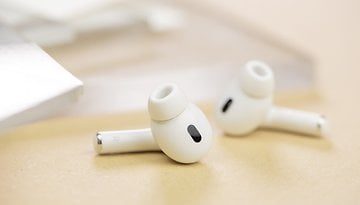
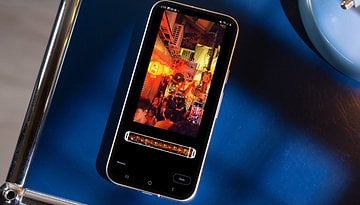


The resale argument seems unrealistic. Not that the prices are wrong but that most phones never make it to resale in the first place. It would be interesting to see numbers of glass back phones making it to resale compared to non glass backed phones. It further makes me wonder if glass backs were about reducing resale because of the increased breakage while increasing replacement sales?
My experience, while only anecdotal, suggests devices get slated for backup duty before resale, and are so low value when moved from backup they just get donated for recycle. If not already replaced from battery weakness or other damage.
These wallets don't work in rooted devices generally. So I'm out of that option.
I couldn 't care less about the possibility of putting my driver 's licence informations into the Apple wallet: I still use a physical wallet and I 'm happy with that.
I like the fact that Apple is opening up its services, though.
I 've had an iPhone 8, but I didn 't like it.
I don 't care about being able to use just one mouse to control all my devices: universal control might be useful, but it 's not something worth switching to Apple.
I just prefer to have some hardware and software features, like HI-FI bluetooth codecs, USB OTG and the possibility to install applications from unknown sources.
-
Admin
-
Staff
Jun 9, 2021 Link to commentOn the other hand: Not so long ago, I have lost my wallet with my ID in it. It was a huge hassle for me to get everything back and it was also expensive. Having all on my phone would be huge advantage imho.
I agree with you on some of your requested features, though.